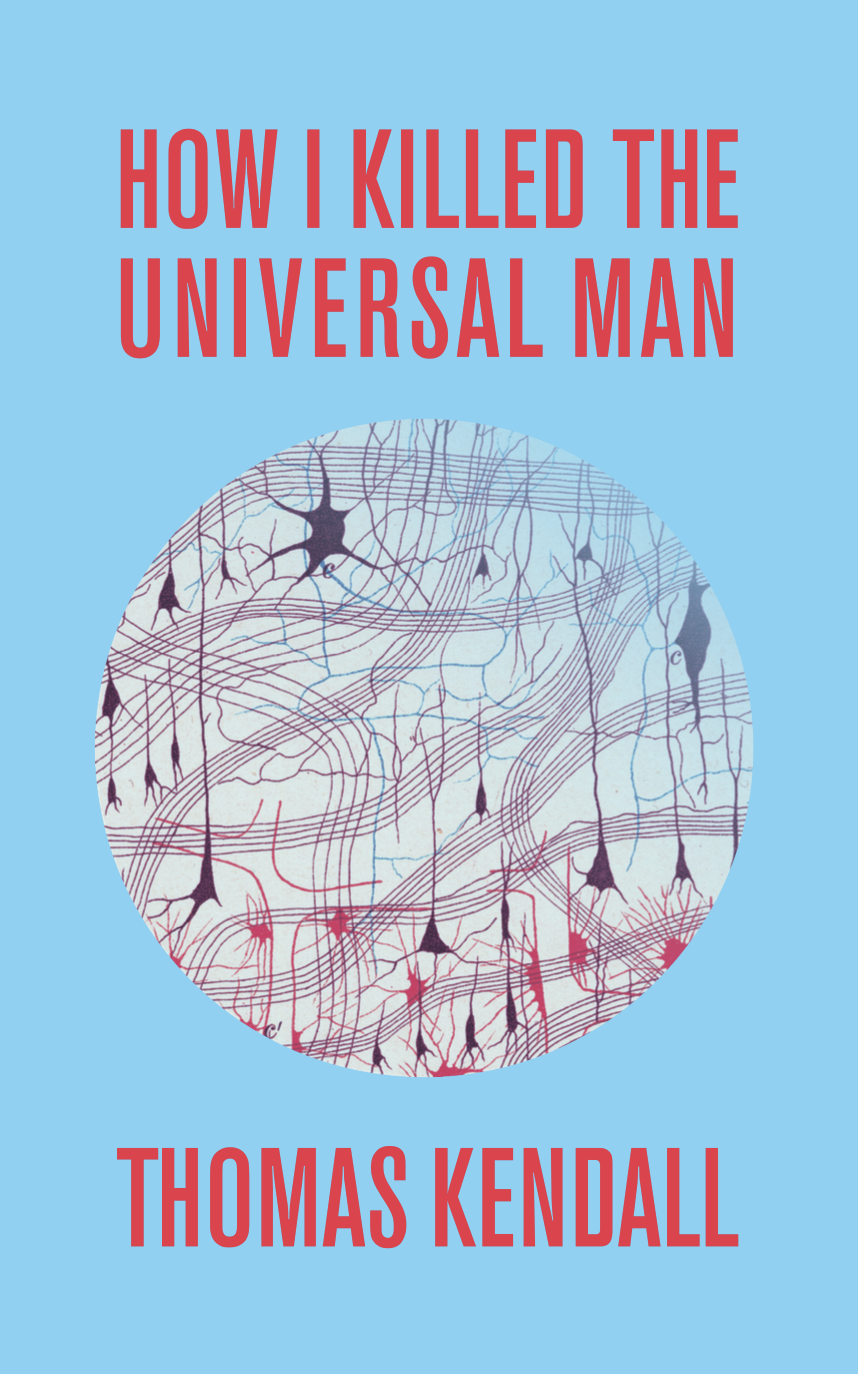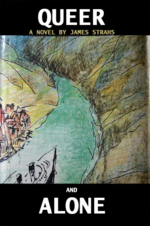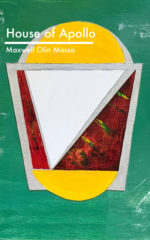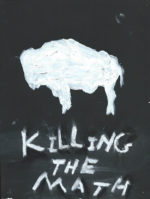How I Killed the Universal Man
$10.00 – $18.00Price range: $10.00 through $18.00
WHAT THEY'RE SAYING
Thomas Kendall’s sentences form beautiful crystals that render the soul transparent. In How I Killed the Universal Man, (somewhat science fiction, somewhat philosophical thought experiment) Kendall imbues the rational anticipation of the near future with searing insight into what it means to be human. Mind-altering drugs, technological human enhancement, and a really cool video game lay the groundwork for explorations into consciousness that expand our empathy toward our future selves.
– Charlene Elsby, author of Bedlam and The Devil Thinks I'm Pretty
A moving, penetrating, dystopic meditation on autonomy, identity, and meaning. A warning from the future, but also from now. Daring and prescient.
– Lindsay Lerman, author of I'm From Nowhere and What Are You
Febrile, menacing, and alive with portent, with a grotesque and hyper-dense image repertoire that fuses Bosch and Cronenberg, How I Killed the Universal Man takes us deep into a near future where mind, body, and environment have merged in ways we can, from today's vantage, just barely comprehend. Kendall's nuanced and humane prose never abandons us on this journey to the end of consciousness, though neither does it offer any false consolation. Picking up where A Scanner Darkly, Strange Days, and Children of Men left off, this epic new masterwork immediately assumes its place in the cyberpunk canon.
– David Leo Rice, author of The New House and The Pornme Trilogy
I feel honored and utterly unqualified to review such a masterpiece, yet here I am.
How I Killed The Universal Man explores humanity and artificial intelligence, embodying present fears and possibilities in a way that darkens the deepest hues of my understanding.
Beautifully complex and maddeningly inspiring, I highly recommend this book to readers who enjoy a challenge wrapped in spectacular prose.
I envision my thoughts drifting to this narrative time and again as its message takes root in my mind.
– Dark Violet Dreams
Thomas Kendall's latest novel, How I Killed The Universal Man, is a fantastic dark scifi read in the vein of Philip K Dick and Ursula LeGuin. The physical world is trash and desperation, people who can afford distraction live for it. Told from the point of view of John Lackerman, a journalist for the large, evil Media company, donkeyWolf, the novel starts with him on assignment to test the drug Neomenon which promises "spiritual fulfillment". Kendall weaves Lackerman's virtual reality and the more extreme, better, future-drug experiences, with "reality" -like a Miami, where coke is now Smart Coke, and sexually extreme games via implants (think Black Mirror, but nastier) are a business where despite the "virtual" aspect, there is a human cost. Kendall's imaged future is terrifying and not out of the question. It's a fully realized, recognizable future, where the past can be relived, albeit virtually, and the human desire for pleasure, distraction, and power knows no end. It's a brilliantly paced novel, in an imagined world that strikes so many cords of reality. People talk about post-capitalism, and the death of our planet regularly, but to read about Lackerman's journey takes us to, in video game speak, to the next level.
– Rockwell
A book that brims with Kendall’s sensitivity, curiosity and honesty, his interest in where clarity and complexity meet. Can doom – can our end itself – be prepossessingly beautiful? Can synthesis and amalgam, can optima, feel like stasis and death? You can feel Kendall’s care and bravery, his patient pen piercing and shoveling into the page even as he knows the only way to fully see and know will be, inevitably, to keep living, to keep converging.
– Jack Houghteling




